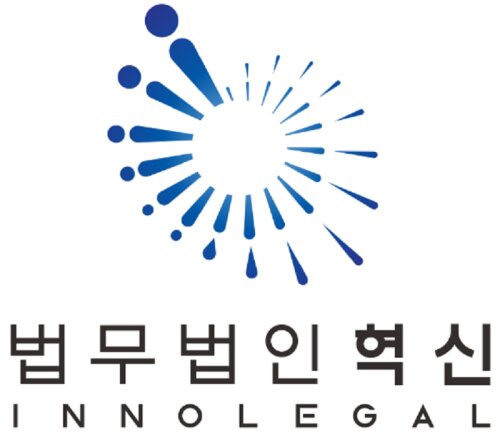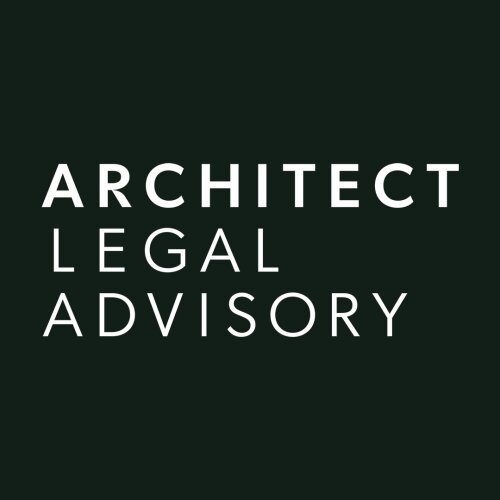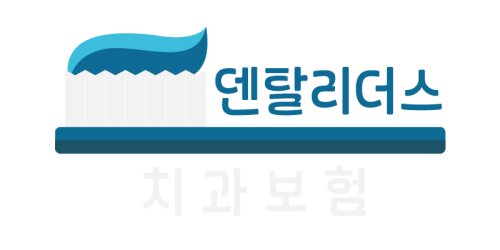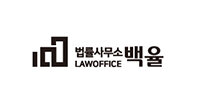Best Sanctions & Export Controls Lawyers in South Korea
Share your needs with us, get contacted by law firms.
Free. Takes 2 min.
Or refine your search by selecting a city:
List of the best lawyers in South Korea
About Sanctions & Export Controls Law in South Korea
Sanctions and export controls are essential tools that the South Korean government employs to protect national security, uphold international obligations, and regulate trade with specific countries or entities. These laws restrict or prohibit certain exports, imports, and financial transactions to prevent the spread of weapons, technology, and materials that could pose security threats. South Korea aligns its sanctions and export control frameworks with United Nations resolutions, supports global non-proliferation efforts, and also implements its own independent measures. Businesses and individuals operating in or with South Korea must be mindful of these complex regulations to avoid legal repercussions.
Why You May Need a Lawyer
Sanctions and export controls in South Korea intersect with various areas of law, including corporate, commercial, international, and administrative regulations. You may need legal support in situations such as:
- Exporting or importing goods, technologies, or services subject to controls or restrictions
- Dealing with international sanctions regimes and compliance checks
- Responding to investigations or enforcement actions by South Korean authorities
- Addressing blocked transactions or assets due to sanctions violations
- Navigating end-use and end-user screening obligations
- Growing your business into sensitive markets or with dual-use goods
- Acquiring another company with a history of cross-border dealings
- Balancing domestic obligations with foreign multinational compliance standards
Lawyers with expertise in sanctions and export controls can help interpret regulations, mitigate risks, and provide representation if you face penalties or criminal prosecution.
Local Laws Overview
Sanctions and export controls in South Korea are primarily governed by several key laws and governmental authorities:
- Foreign Trade Act: Regulates the export and import of strategic goods and technologies. The Ministry of Trade, Industry and Energy (MOTIE) oversees these controls.
- Act on Prevention of Divulgence and Protection of Industrial Technology: Imposes restrictions on transferring sensitive or national core technologies overseas.
- Financial Transaction Reports Act and Act on Regulation and Punishment of Criminal Proceeds Concealment: Include provisions for compliance with financial sanctions and anti-money laundering.
- UN Security Council Sanctions: South Korea enforces United Nations Security Council sanctions, notably those related to North Korea, Iran, and other listed entities.
Key aspects include licensing requirements for the export of strategic goods, exporter due diligence, end-use and end-user controls, recordkeeping, and severe penalties for violations. Non-compliance can result in administrative penalties, criminal charges, asset seizures, business restrictions, and reputational harm.
Frequently Asked Questions
What are strategic goods under South Korean law?
Strategic goods include items, technologies, or software that can be used in weapons production or have military applications, as defined in the Foreign Trade Act and associated lists.
Who administers export controls in South Korea?
The Ministry of Trade, Industry and Energy (MOTIE) administers export controls, working in coordination with the Korea Strategic Trade Institute (KOSTI) and customs authorities.
Are there special regulations for transactions related to North Korea?
Yes, all trade, investment, and financial activities involving North Korea are highly restricted under national law and United Nations resolutions.
Do I need a license to export controlled items?
Yes, you must obtain an export license from MOTIE before sending controlled goods, technologies, or software out of South Korea.
What are the penalties for violating sanctions or export controls?
Penalties can include significant fines, imprisonment, confiscation of goods, suspension of export privileges, and loss of business licenses.
Can South Korean businesses be penalized for foreign subsidiaries' violations?
Yes, parent companies may be held accountable if their subsidiaries violate South Korean or applicable international sanctions and export control laws.
How can a company ensure compliance with these laws?
Companies should implement robust internal compliance programs, conduct due diligence on business partners, and regularly train staff on applicable regulations.
Are there reporting requirements for suspicious activities?
Yes, certain institutions and companies must report suspicious transactions, especially those possibly linked with sanctioned countries or activities, to competent authorities.
What are dual-use goods?
Dual-use goods are items designed for civilian use but which may also have military or strategic applications, and thus may require export licensing.
How often do export control lists change?
Export control lists are frequently updated to reflect international developments and technological changes. Exporters should regularly check for updates from MOTIE and KOSTI.
Additional Resources
If you need further information or assistance, the following organizations and government bodies can be valuable:
- Ministry of Trade, Industry and Energy (MOTIE)
- Korea Strategic Trade Institute (KOSTI)
- Korea Customs Service
- Bank of Korea (for financial sanctions guidance)
- South Korea Financial Intelligence Unit (FIU)
- United Nations Security Council Sanctions Committees
Next Steps
If you believe your business activities may be affected by South Korea's sanctions or export control regulations, consider taking these steps:
- Review your current practices and screen transactions for compliance
- Consult with a qualified lawyer specializing in sanctions and export controls in South Korea
- Gather all relevant transaction documents and business records
- Contact the appropriate government agencies for guidance, if needed
- Implement an internal compliance program with regular policy reviews and employee training
- Stay updated on regulatory changes that may impact your operations
Legal advice is critical in this field due to the complexity and rapidly changing nature of the laws. Acting proactively will help protect your interests and ensure every aspect of your business is legally compliant in South Korea.
Lawzana helps you find the best lawyers and law firms in South Korea through a curated and pre-screened list of qualified legal professionals. Our platform offers rankings and detailed profiles of attorneys and law firms, allowing you to compare based on practice areas, including Sanctions & Export Controls, experience, and client feedback.
Each profile includes a description of the firm's areas of practice, client reviews, team members and partners, year of establishment, spoken languages, office locations, contact information, social media presence, and any published articles or resources. Most firms on our platform speak English and are experienced in both local and international legal matters.
Get a quote from top-rated law firms in South Korea — quickly, securely, and without unnecessary hassle.
Disclaimer:
The information provided on this page is for general informational purposes only and does not constitute legal advice. While we strive to ensure the accuracy and relevance of the content, legal information may change over time, and interpretations of the law can vary. You should always consult with a qualified legal professional for advice specific to your situation.
We disclaim all liability for actions taken or not taken based on the content of this page. If you believe any information is incorrect or outdated, please contact us, and we will review and update it where appropriate.
Browse sanctions & export controls law firms by city in South Korea
Refine your search by selecting a city.
















